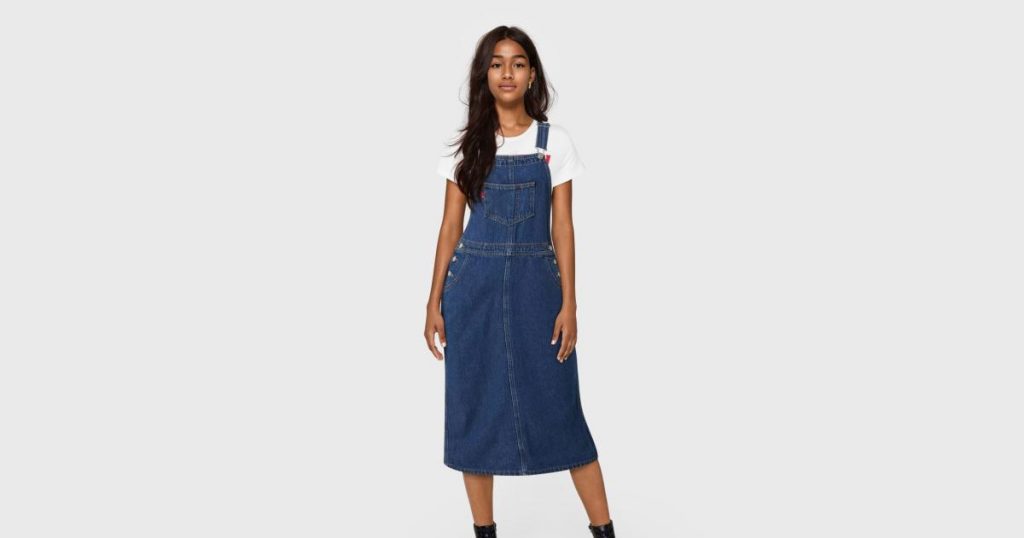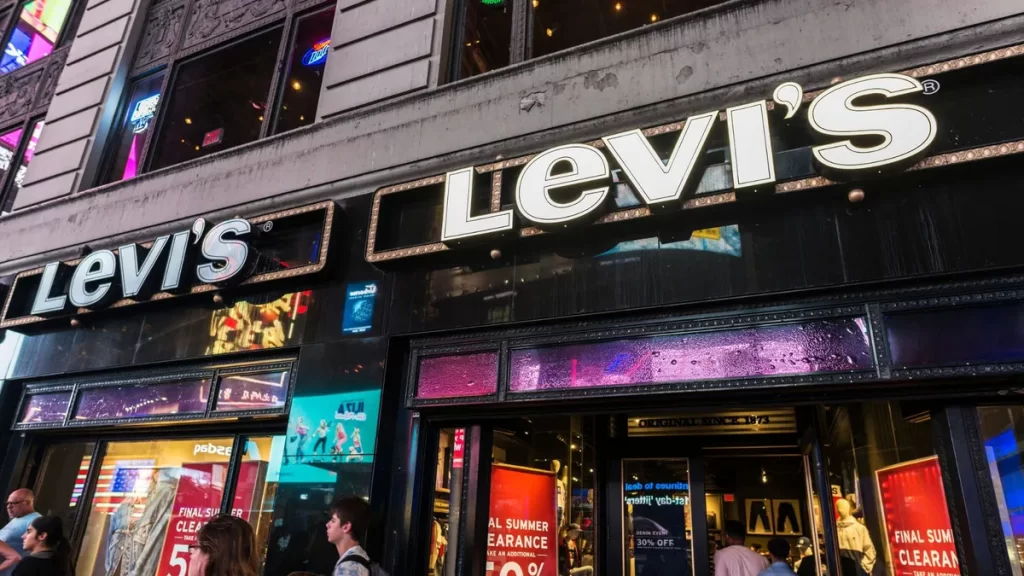Levi Strauss & Co, also known as Levi’s, has announced its partnership with an AI company, Lalaland, to introduce AI-generated models alongside human models. The Amsterdam-based AI company uses artificial intelligence to create “human-like avatars” that clothing manufacturers can customize by altering their physical features, such as skin color, hairstyle, and body shape. Clients can add their own 3D garments to digital models to display their designs at a low cost. Lalaland claims to be 90% faster than photoshoots, as it can create an AI-based model in approximately five minutes.

Levi’s is not the only clothing company that uses AI-generated models. Lalaland has Calvin Klein and Tommy Hilfiger as clients, and they still work with human models. Similarly, Deep Agency, a Dutch firm that debuted in March, offers AI photo studio and modeling services for its clients.
Levi’s and Lalaland have stated that they are not attempting to replace human models or substitute AI models for other types of diversity. Levi’s stated that its AI-generated fashion models would supplement human models, enabling the firm to present its clothes in various bodies, skin tones, and ages. Rather than assigning one human model per product, AI-generated models could be used to showcase each line of clothing with several different models that resemble the customers, thus making the shopping experience more personal and inclusive.

Furthermore, Lalaland’s founder Michael Musandu stated in an interview that the primary goal is to reduce costs for clothing companies. Besides hiring models, firms also have to engage photographers, makeup artists, and hairstylists for their photoshoots, which can be expensive. The use of AI models can significantly reduce these costs.
In conclusion, the fashion industry is continually evolving, and technology has played a significant role in driving these changes. The introduction of AI-generated models is a significant step forward for the industry. These models can reduce costs, enable clothing manufacturers to showcase their designs quickly and provide a more personalized and inclusive shopping experience for customers. While there may be concerns about the potential impact of AI on human models’ jobs, the introduction of AI-generated models appears to be more about supplementing human models rather than replacing them.


